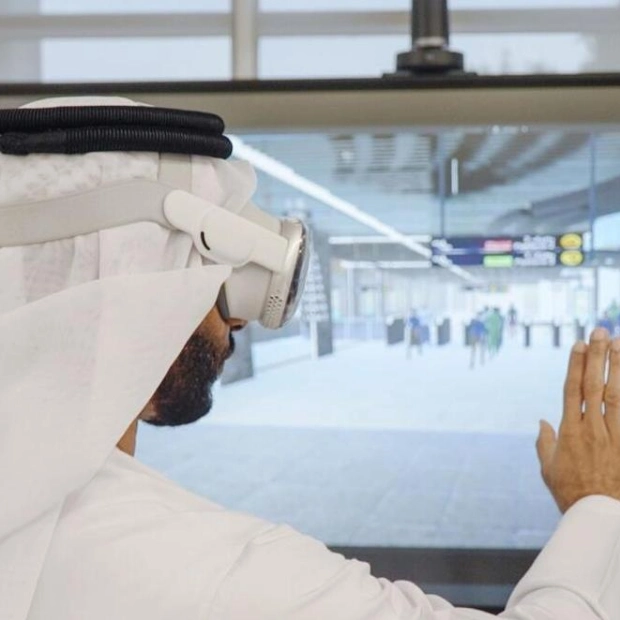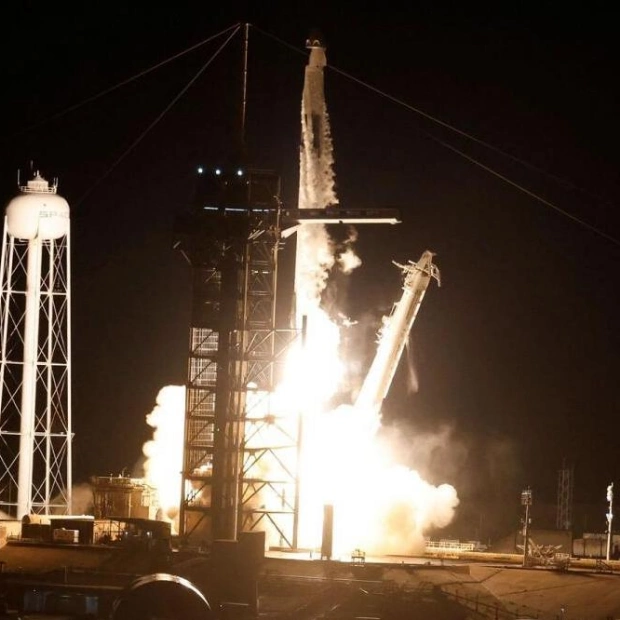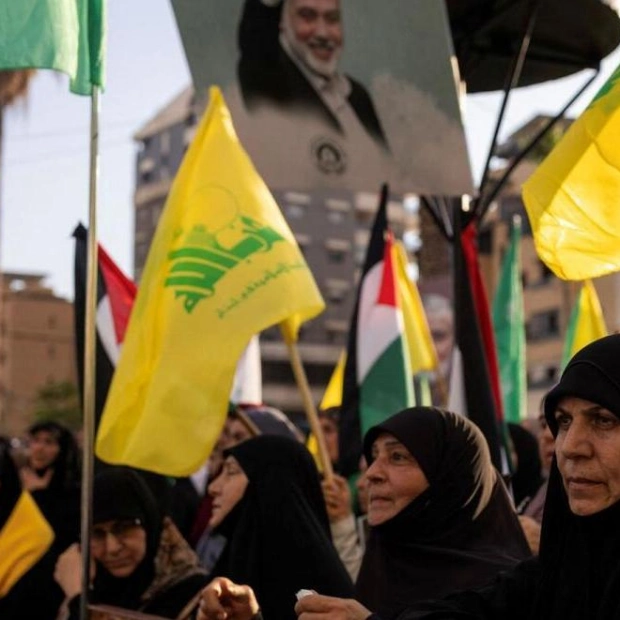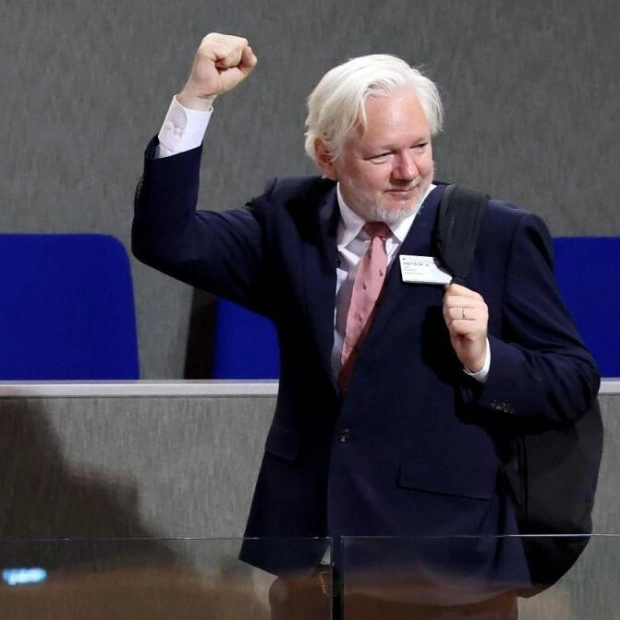Saudi Arabia boasts a rich football history, having been a prominent force in the Asian Football Confederation (AFC) for decades. The Saudi Arabian Football Federation (SAFF) was established in 1956, and the country's first international match followed in 1957. Notably, Al-Hilal, one of the nation's most successful clubs, was founded around the same time, alongside other prominent clubs like Al-Ittihad, Al-Nassr, and Al-Ahli.
The Saudi league system was formalized in the 1970s, but it wasn't until the 1980s that the country made its mark on the international stage, winning the AFC Asian Cup in 1984. Saudi Arabia's breakthrough on the global stage came with their World Cup debut in 1994. The Green Falcons, as they are affectionately known, advanced from the group stage with victories over Belgium and Morocco, capturing the world's attention with Saeed al-Owairan's iconic solo goal against Belgium.
Despite this high point, subsequent World Cup appearances in the late 1990s and early 2000s were less successful, culminating in a humiliating 8-0 loss to Germany in 2002. The team also faced setbacks in the Asian Cup, notably in 2011 when they exited the group stage without a win.
In 2015, King Salman bin Abdulaziz Al Saud ascended to the throne and introduced Vision 2030, a strategic plan aimed at achieving excellence in various sectors, including sports. This vision spurred significant changes in Saudi football, with a focus on international collaboration and infrastructure development.
Turki al-Sheikh, chair of the General Entertainment Authority, played a pivotal role in bringing global sports events to Saudi Arabia, including the Supercoppa Italiana in 2019. Yasser al-Misehal, appointed president of the SAFF in 2019, spearheaded reforms, investing in facilities and expertise. His efforts included securing the Supercopa de España for the kingdom.
Saudi Arabia's influence in global football continued to grow, with 48 cooperation agreements with international football bodies. The Public Investment Fund's (PIF) involvement in sports expanded, including a bid to acquire Newcastle United, though this was initially delayed due to concerns over state involvement.
In 2020, Saudi Arabia secured the rights to host the AFC Nations Cup in 2027, and by 2023, the PIF had acquired stakes in the country's 'Big Four' clubs, significantly boosting the Saudi Pro League with international talent.
Saudi Arabia's football ambitions reached new heights in 2022 when they defeated Argentina at the World Cup in Qatar, and Cristiano Ronaldo's signing with Al-Nassr marked a new era for the league. The SAFF's collaboration with global football bodies, including Fifa, underscored the kingdom's commitment to excellence in sports.
In 2023, Saudi Arabia emerged as the sole bidder for the 2034 World Cup, signaling its intent to host one of the world's most prestigious sporting events. The kingdom's football journey, marked by historic achievements and modern reforms, continues to inspire and captivate the global football community.
Source link: https://www.theguardian.com






